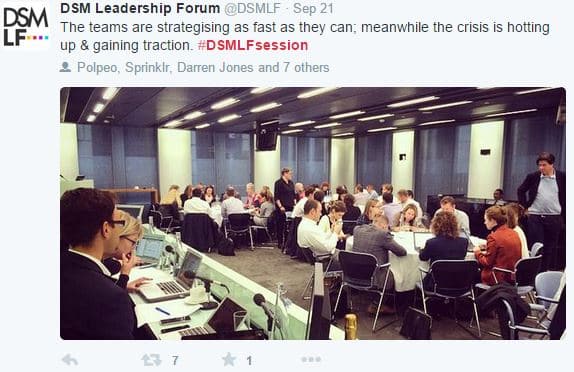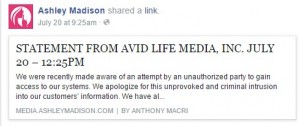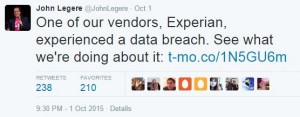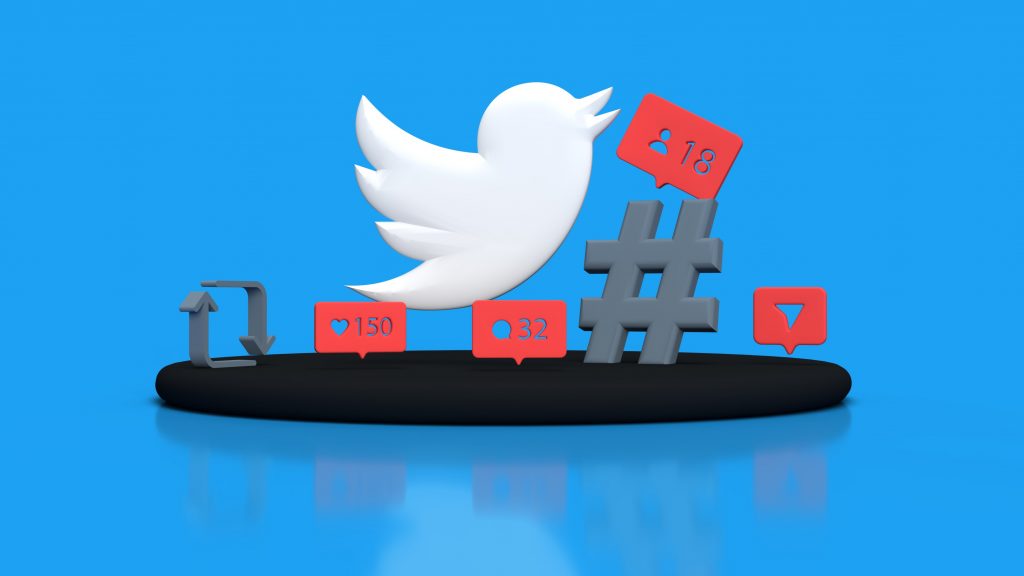Yesterday, we saw the participant side of dealing with a social media crisis, today, I wanted to share observations from the other side of the simulation.
Managing a social media crisis first thing on a Monday morning is not everyone’s ideal start to the week. I arrived at the plush offices of Schroders to find we were using its onsite venue facilities which were really rather nice. And then I got offered a cup of tea and bacon roll so I knew I was going to enjoy this simulation with the members of the Digital & Social Media Leadership forum (DSMLF).
The DSMLF is a membership forum where people from across the industry meet up to discuss key digital and social media issues affecting their organisations. And Monday’s exclusive simulation allowed delegates to participate in a social media crisis with a pretend retailer in a safe and trusted environment. Social media crisis is obviously a hot topic among the membership of the DSMLF as our event was fully booked!
The pretend retailer has to defend its working conditions after an undercover journalist breaks the story on a news website. The crisis unfolds with a current employee corroborating the story with a leaked video and an ex-employee through her blog. And during the whole scenario, the delegate team are trying to protect its brand reputation, and company values of working with integrity and treating people decently.
We had six teams working earnestly and diligently on how best to manage the crisis, in spite of the role play team working behind the scenes, reacting immediately on its handling of the crisis across the different social media channels.
Let’s take a look at some of the common issues we came across during the simulation:
- Be prepared: while our delegates are thrown in at the deep end, all organisations should have pre-prepared statements and strategies in place to know how to deal when an issue blows up on social
- Control the crisis: by responding quickly and appropriately when the story first breaks, you can control the potential damage. Polpeo recommends that companies respond within 15 minutes on Twitter and 30 minutes on Facebook
- Be social: avoid posting the press statement on all social media channels, without adapting the tone and message to appear friendly, empathetic and tailored to your customers
- Avoid cut and paste: saying the same message over and over again, does nothing to help you manage your reputation with your customers. Have at least three to four different versions for your responses to use
- It’s all about the execution: the best thought-out strategy and planning is redundant, if you don’t publicly execute it
- Don’t market your own crisis: watch using Twitter to broadcast out the statement. If you post out a general statement at the beginning of a crisis, you alert more people about the crisis, other than just the people talking about it
- Turn off ads: good call by the teams to suspend all paid for ads as you don’t want to appear as though it is business as usual
- Fake accounts: communicate with your customers telling them it is a fake account and where they should directing their enquiries
- Reply to individuals: Pick out the genuine customers that have real issues and deal with them. Avoid the obvious accounts with combative names such as @AnarchySteve – the name implies it is not someone who will give your brand an easy time
- Think about your employees: your social media policies should be enough to discourage them from getting involved
If you have any hints and tips on how you prepare or manage a social media crisis, we’d love to hear from you. Thanks very much to Schroders for the venue and DSMLF for hosting the session and everyone that took part. It was, as always, a very productive morning to test and reinforce tactics on managing a social media crisis.








